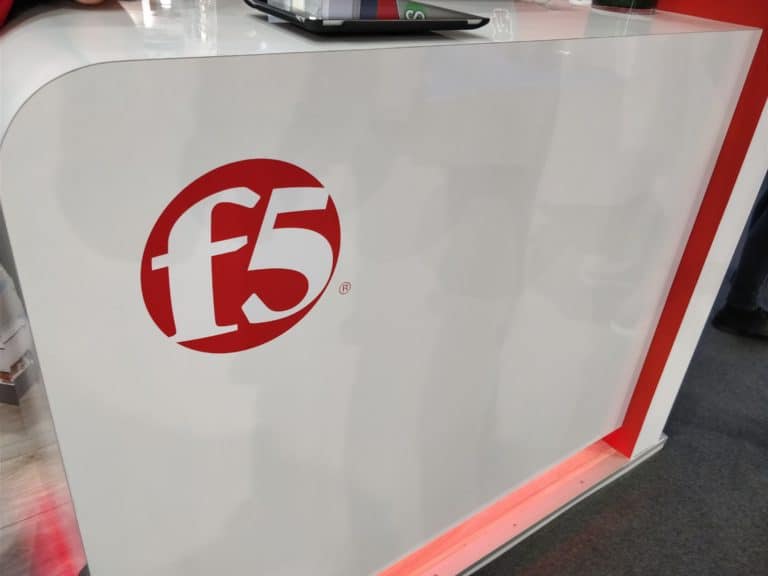F5 has announced that it has taken over NGINX. NGINX is the commercial company behind the popular open source web server. The company pays $670 million, says TechCrunch.
With the acquisition, F5 is taking steps to deal with multi-cloud architectures. “The acquisition of NGINX strengthens our growth trajectory by accelerating our software and multi-cloud transformation,” says François Locoh-Donou, CEO and president of F5.
The sources of TechCrunch indeed said that the growth of F5 had come to a standstill, which was one of the reasons behind NGINX’s interest. F5 had a market capitalization of $9.6 billion when the stock exchanges closed yesterday. In its latest quarterly figures, the company further stated that sales had grown by only four percent compared to the previous year.
However, NGINX is a different story. Nine months ago, the company raised $43 million in an investment round led by Goldman Sachs, and has positioned itself as a strong alternative to F5 in recent years. Founded in 2004, the company currently operates 375 million websites and has 1,500 paying customers who purchase additional services. This includes support, load balancing and API gateways.
Takeover
F5 says it will merge its own operations with those of NGINX after the acquisition. The current CEO of NGINX, Gus Robertson, and founders Igo Syosev and Maxim Konovalov will all join F5.
“NGINX and F5 share the same mission and vision,” says Robertson. “We both believe that applications are the heart of digital transformation. And we both believe that end-to-end application infrastructure – one that runs from the code to the customer – is needed to deliver apps in a multi-cloud environment.”
“I feel like continuing this journey by adding the power of NGINX’s open source innovation to the ADC leadership and enterprise reach of F5. F5 gets depth with solutions designed for DevOps, while NGINX grows with access to tens of thousands of customers and partners.”
This news article was automatically translated from Dutch to give Techzine.eu a head start. All news articles after September 1, 2019 are written in native English and NOT translated. All our background stories are written in native English as well. For more information read our launch article.